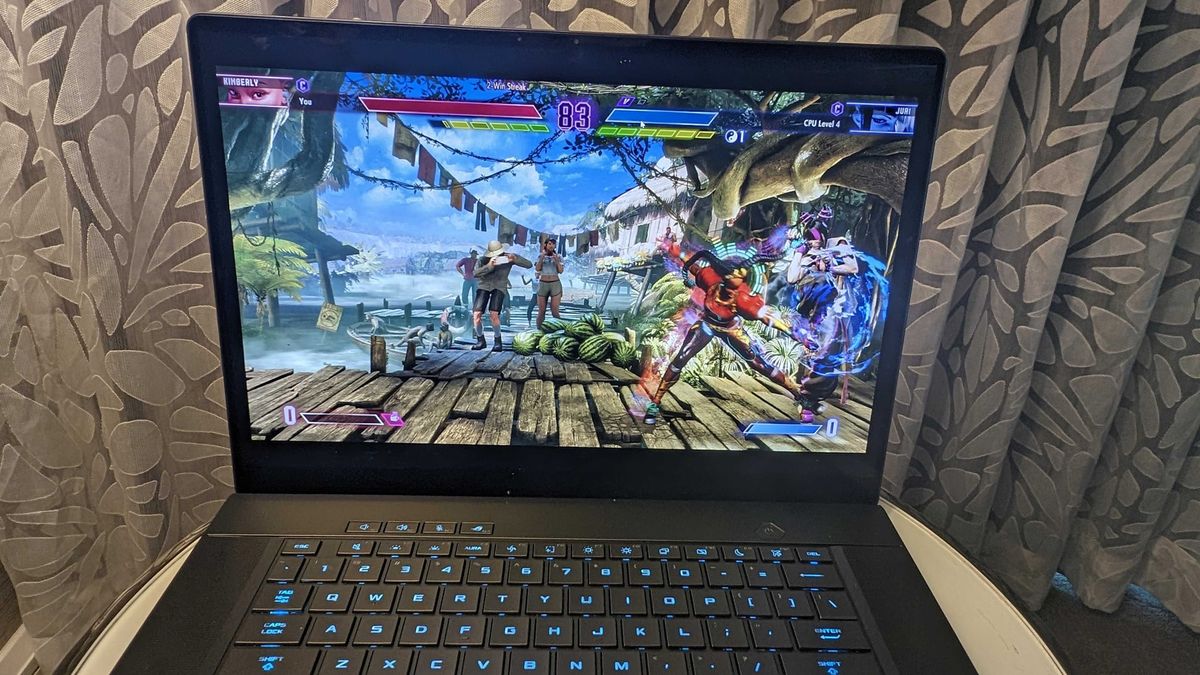

PHOTO:
Ryoji Iwata
Microsoft this week introduced new phone features for Teams, which allow customers to transfer calls among devices, extends coverage to a total of 33 markets and offers integration with call center software. (The latter might be a sore spot for Zoom following the collapse of its Five9 deal yesterday.)
Other functionality includes spam call identification, the option to take calls while driving through Apple’s CarPlay, call transcription during one on one calls and an extension of the walkie-talkie push to talk feature to desk phones. Some of these capabilities have been in the works since Microsoft announced it would be shuttering Skype for Business Online in favor of Teams, which happened on July 31. Microsoft Teams GM Nicole Herskowitz explained the introduction of these capabilities as a result of emerging trends which include:
- User expectations for un-siloed experiences. People want to place and receive calls in the same tool they use to chat and host video meetings.
- Phone enables federation between organizations, allowing their workforces to securely connect using VoIP-based voice or video calling, screen sharing, and chat.
- Hybrid workers working across an increasing range of devices, including their PCs and mobile phones.
According to Herskowitz, calling should enhance collaboration, rather than be a siloed experience. Teams Phone allows users to add calling to the Teams channels where they already chat, store documents and collaborate. The move yet again underlines Microsoft’s strategy to enable Teams as a single place to work.
Slack Tells Executives to Work From Home
Hot on the heels of last week’s Dreamforce announcements, San Francisco-based Slack announced changes to its work from home policy, asking its leaders to lead by example.
Declaring the five day office commute a thing of the past, Slack CEO Stewart Butterfield announced the company will take “digital-first” approach to the future of work, and made it clear that in this respect at least, he expects executives to “lead by example.”
Speaking to CNN Business, Butterfield said, “While some companies will embrace a fully remote model, others are opting for a hybrid work plan that gives employees more control over their schedules while still maintaining some in-person office time.”
Leading by example means executives will be expected to spend fewer than three days a week in the physical workplace, said Butterfield, announcing the company would be getting rid of executive floors as well.
While similar discussions are likely happening in other executive stairwells, none of the big tech companies have gone as far as publicly espousing this. But that’s likely to change. As of late August, 66% of organizations were delaying office reopening due to COVID variants, according to a Gartner survey of 238 executive leaders. Companies like Apple, Amazon, Google, Facebook and Starbucks have already postponed their return to the office and it is unlikely the office will be the same if and when they do return.
Oji Life Lab Helps Decision Making
Elsewhere, San Francisco-based Oji Life Lab announced a major new learning program to help teams and corporations improve critical decision making during transformation.
The company provides soft skills learning solutions for the workplace. The newest release, Oji Decide, is a complete mobile learning program that helps individuals and teams make better, more confident decisions. Built on the Oji Mobile platform, Oji Decide helps employees develop decision making skills so they can better frame decisions, include diverse perspectives, reduce negative effects of cognitive biases, generate compelling alternatives and evaluate choices.
Unlike traditional solutions like offsite seminars or e-learning videos, the company states Oji Decide is designed to develop habits in just a few minutes per day, building insights and skills, day-by-day.
Oji’s new decision-making tool joins the company’s emotional intelligence learning program, Oji Emotions, which is used by companies across diverse industries.
Cisco Creates New Standard to Increase Consumer Confidence
San Jose, Calif.-based Cisco released a New Trust Standard for companies struggling with balancing security and consumer trust. The new standard, according to Cisco, raises the bar for building trust with customers as work becomes hybrid, more data is collected online, and cyber threats increase.
With supporting data insights from the Cisco 2021 Consumer Privacy Survey, the New Trust Standard establishes critical elements needed for organizations to earn, maintain, and grow customer confidence, including:
- Zero-Trust architecture: Keeping out attackers by challenging assumptions and verifying every connection, from every device, every time.
- Trusted supply chain: Being aware of every component, how it is manufactured, and where it has been — while working closely with suppliers to mitigate risk.
- Data rights: Stay ahead of evolving customer expectations and government regulations.
- Transparency: Being clear about what data is collected and how it is used; being open about incidents and issues as they transpire; and publicizing the steps being taken to rectify.
The standard is a response to growing concerns about privacy. According to the Cisco 2021 Consumer Privacy Survey, which engaged 2600 respondents across 12 countries, consumers have a clear desire for transparency and control with respect to a business’ data practices.
Archera Raises $7 Million
Finally, this week, Seattle-based Archera (formerly Reserved.ai) has raised a $7 million Series A funding round co-led by Ridge Ventures and Amplify Partners. Founded by veteran cloud technologists from AWS, Microsoft and Uber, Archera offers a cloud resource automation platform designed to help enterprise companies manage and de-risk their cloud resources to dramatically reduce cloud spend.
The solution enables enterprises running on AWS and Microsoft Azure to build forecasts, plan and automatically execute commitment plans, monitor and protect cloud resources — via guaranteed buybacks and continuous optimization.
According to the company, the Series A financing will help Archera further develop its platform and boost its marketing and sales infrastructure to meet escalating demand.






